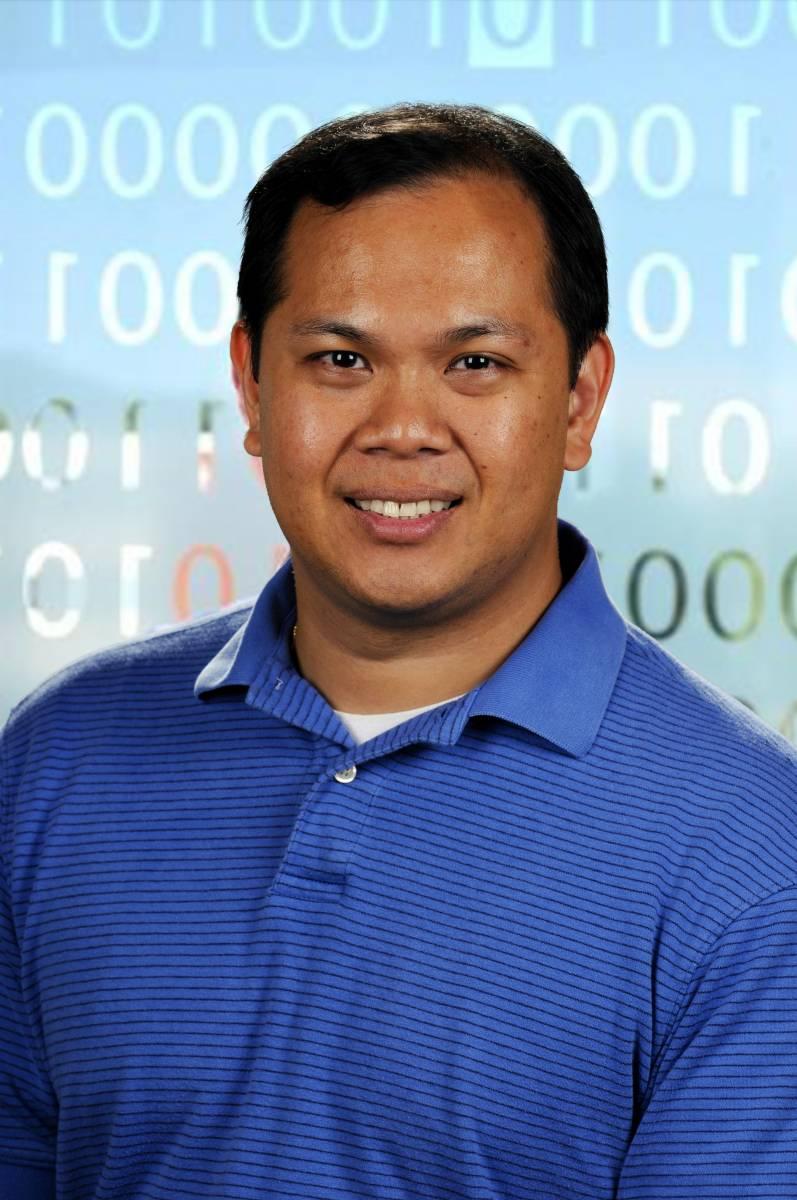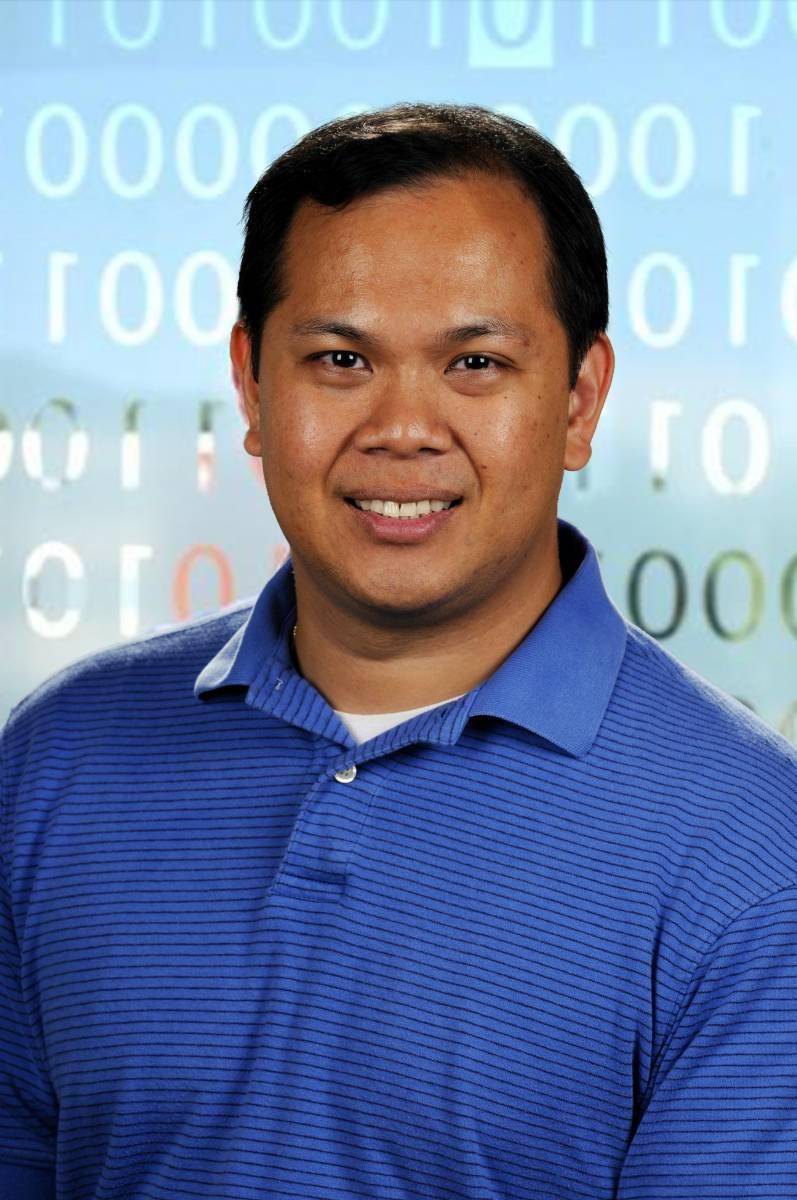Bao Nguyen reflects on his passion for cybersecurity and why he chose to take his education "online"

Back in 2015, I was a victim of identity theft. Somebody stole my social security number, my name, my address and my phone number. They opened up bank accounts and credit card accounts. At that time, I got scared, because I didn’t know what I was supposed to do, and I didn’t know if I would get any of that back.
That experience got me thinking. How do I keep myself safe? How do I keep this from happening again? It made me look more deeply into cybersecurity. I’m currently an IT support professional with the School of Electrical and Computer Engineering, and occasionally I deal with some cybersecurity issues in my work. When I learned about Georgia Tech’s Online Master of Science in Cybersecurity (OMS Cybersecurity), I became very interested in the opportunity to deepen my knowledge in this field.
I started the degree program in the fall of 2019. Out of the three concentrations offered – energy systems, policy and information security – I chose information security because it allows me to dig into the software and coding side. I love to try to find the chinks in the armor; the loopholes that hackers might try to take advantage of.
It’s been a while since I was in school; I graduated from Georgia Tech back in 2004 with a bachelor’s degree in computer science with a minor in chemical engineering and an IT management certificate. I’m so happy to be back as both staff and student now, and the online program is especially useful because now I have a job, a family and a busy life.
The online program offers me some incredible benefits that even in-person classes couldn’t provide. I get to work with people from all over the world. I have friends on the west coast, in Asia, in South Africa, and there are so many people of all ages taking the same classes. Online programs like OMS Cybersecurity are going to continue to explode in popularity. They make the incredible resources of Georgia Tech accessible to so many different kinds of people. I have learned so much from my fellow students already, and I can’t wait to see what we each do with this new knowledge. For me, I think this master’s degree will mark my transition into a more cybersecurity-focused career path, and I am very interested in seeing where that takes me in the future.

In the coming decades, we are going to see more cybersecurity challenges due in part to greater connectivity. Everyone has these smart devices that are integrated into their phones and homes: everything from a vacuum cleaner to a thermostat. If somebody can hack my phone, they can take control of about 50 devices in my house right now.
In the coming decades, we are going to see more cybersecurity challenges due in part to greater connectivity. Everyone has these smart devices that are integrated into their phones and homes: everything from a vacuum cleaner to a thermostat. If somebody can hack my phone, they can take control of about 50 devices in my house right now. So many smarter technologies are coming out, and many people are going to be connected to hundreds of devices. If a hacker can hack 10,000 phones and raise the temperature in each house by one degree, that's 10,000 houses with a temperature raised by 1 degree – think about how much damage that is to the energy grid! Many people don't think about that, but that's what the cybersecurity of the future will need to consider.
In order to eliminate problems like cybercrime, we need better programming to close any loopholes in software programs that allow attackers to get in. But cybersecurity roles are going largely unfilled because there are not enough people with the capabilities to confront those challenges. Since I became interested in cybersecurity in 2015, the rate of unfilled positions in cybersecurity has been increasing by 50 percent every year. When I finish my master’s in 2022, we might be looking at 4 million unfilled cybersecurity jobs. Jobs are out there, but they're not being filled. And when we’re talking about Georgia Tech graduates filling those positions, that makes me feel a lot more secure about my future.